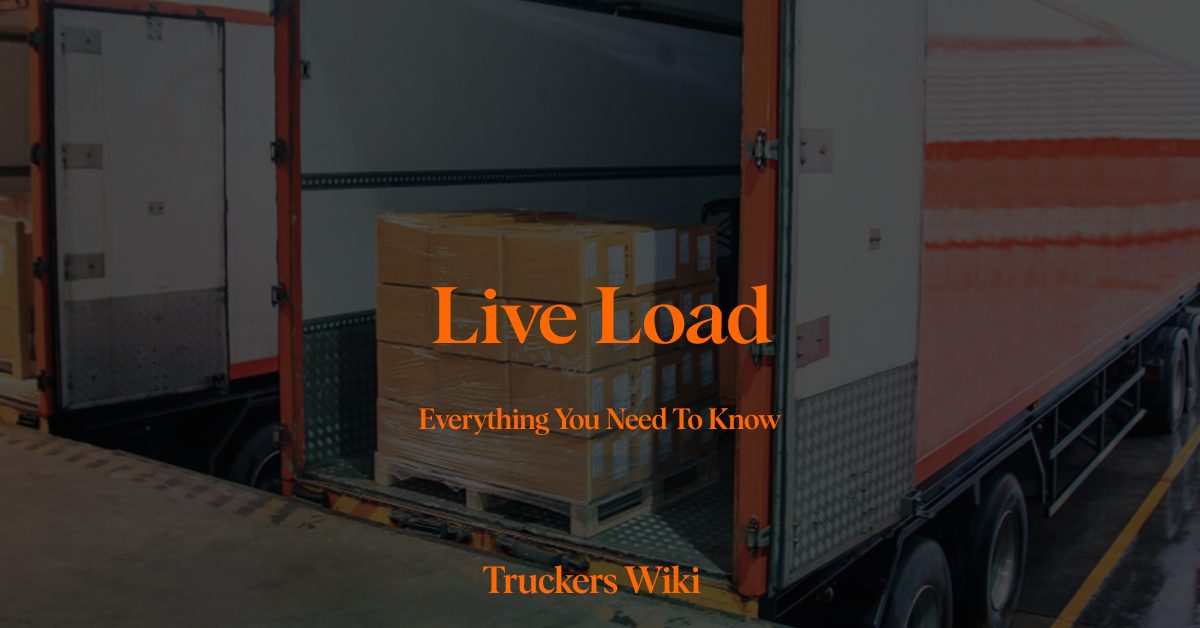
Table of Contents
What is Live Load in Trucking
Live loads is the process of loading cargo directly onto a truck’s trailer in real-time. Unlike the drop and hook approach, where pre-loaded trailers are exchanged swiftly.
Live loads occur when a truck driver arrives at a pick-up location, and the cargo is loaded onto the trailer at that moment. This can involve various types of cargo, such as palletized goods, machinery, perishable items, and more. The loading process takes place while the driver is present, and once the cargo is secured, the driver can then proceed to the delivery destination.
Aspects of Live Loads
Efficiency Considerations: Live loads can potentially take longer to complete compared to drop and hook operations. The loading process involves time for communication, coordination, and physical loading of the cargo.
Scheduling Challenges: Effective scheduling is crucial for live loads. Both the shipper and the driver need to ensure that the loading process is seamless and doesn’t lead to unnecessary delays.
Communication: Clear communication between the driver and the shipper or loader is essential during live load operations. Details about cargo type, weight, loading instructions, and any special handling requirements need to be communicated accurately.
Cargo Integrity: Ensuring that the cargo is properly loaded and secured is paramount. This not only prevents damage during transit but also contributes to road safety.
Driver Involvement: Drivers play an active role during live load operations. They need to oversee the loading process, provide assistance if necessary, and ensure that the cargo is loaded safely and securely.
Challenges and Considerations
Wait Times: Live loads can sometimes lead to extended wait times for drivers. Delays can occur if there are issues with cargo preparation, coordination, or loading equipment availability.
Scheduling Variability: The time required for live loading can vary widely depending on factors such as the type of cargo, loading equipment, and the efficiency of the loading team.
Time Management: Drivers need to manage their time effectively to accommodate live load operations without compromising delivery schedules.
Industries and Applications: Live loads are commonly encountered in industries that require specialized handling, immediate transportation, or where the cargo’s nature prevents pre-loading. This includes industries dealing with perishable goods, oversized equipment, fragile items, and more.

